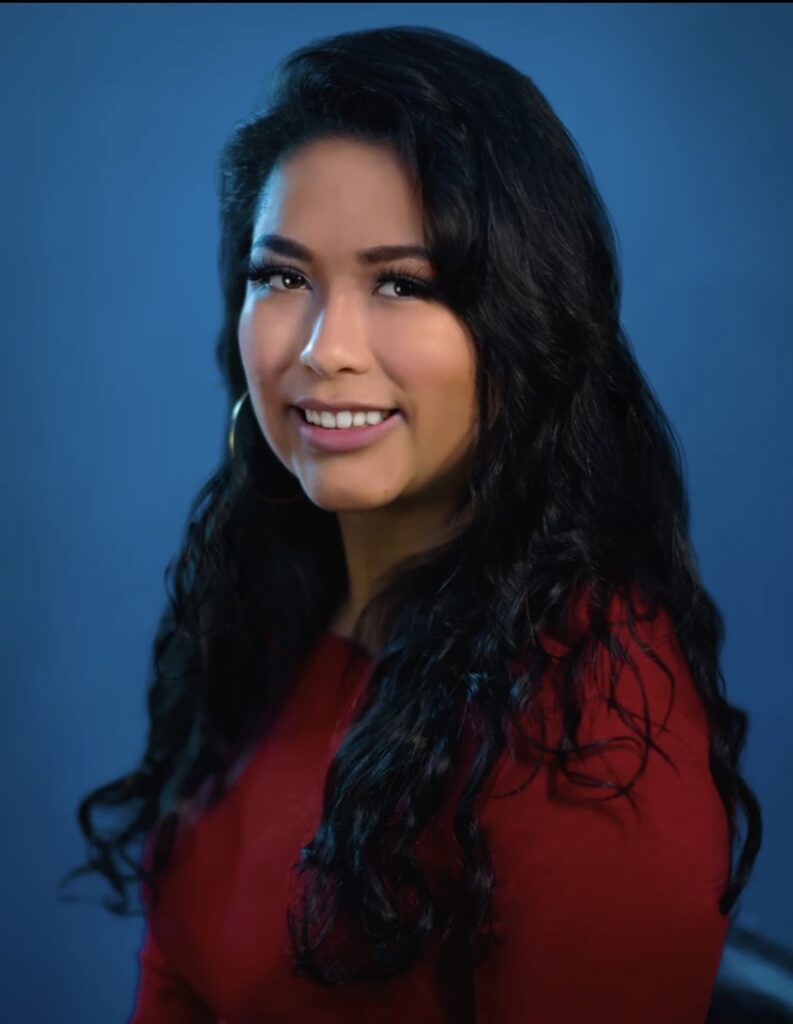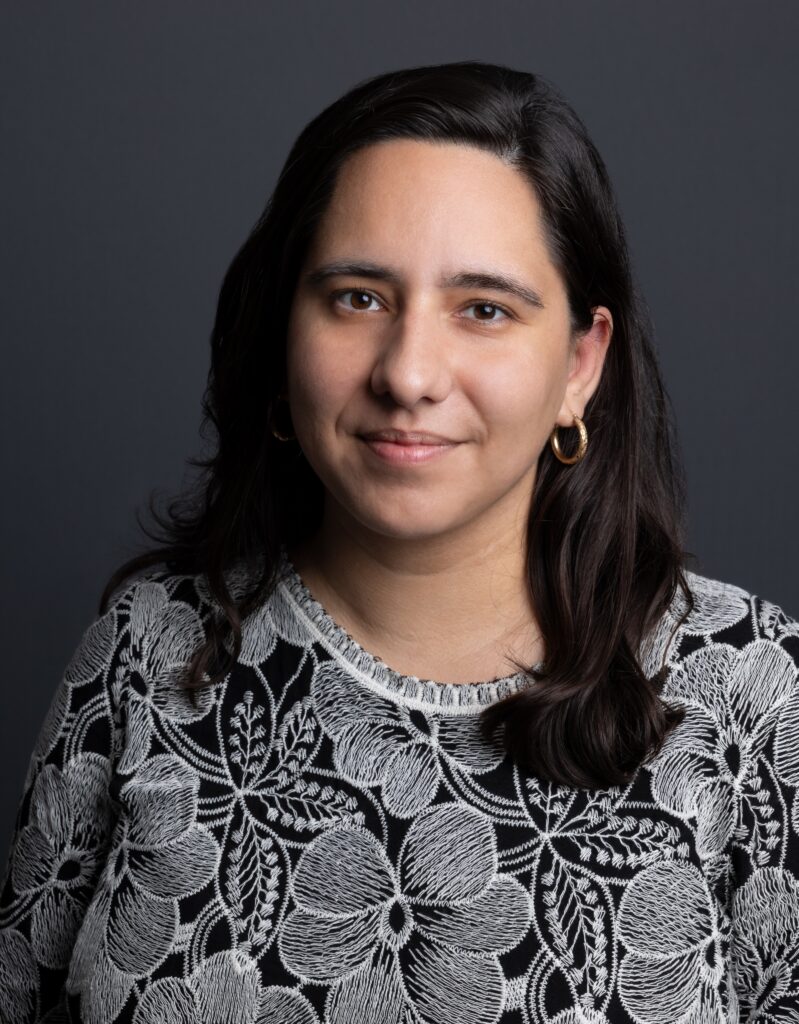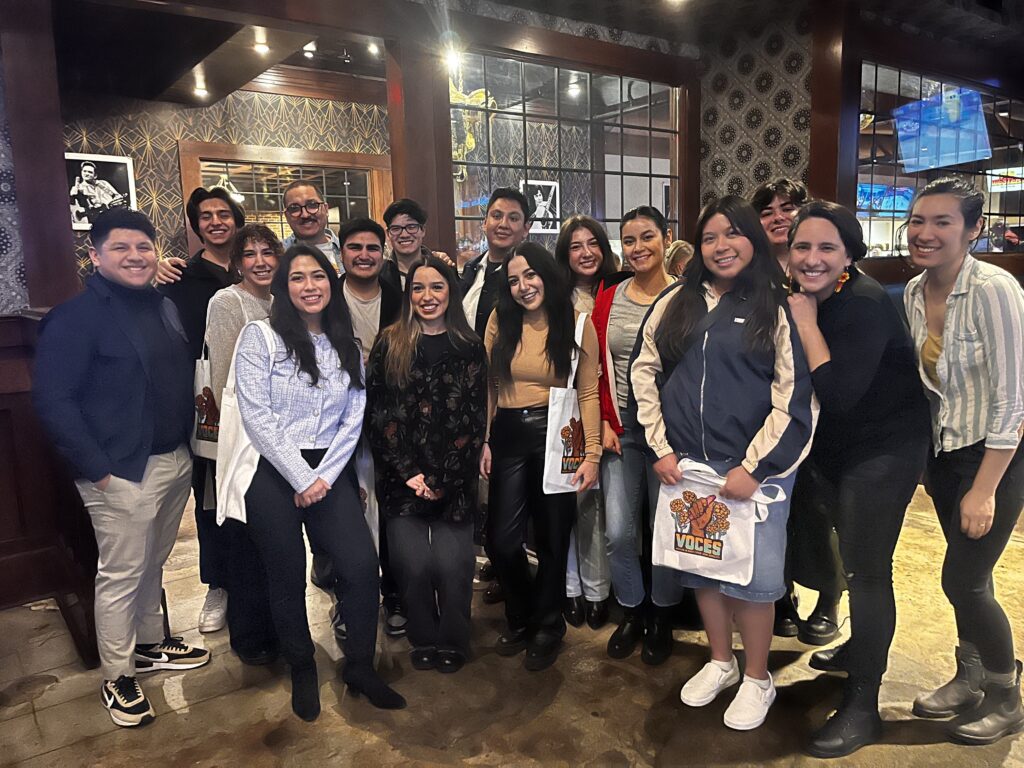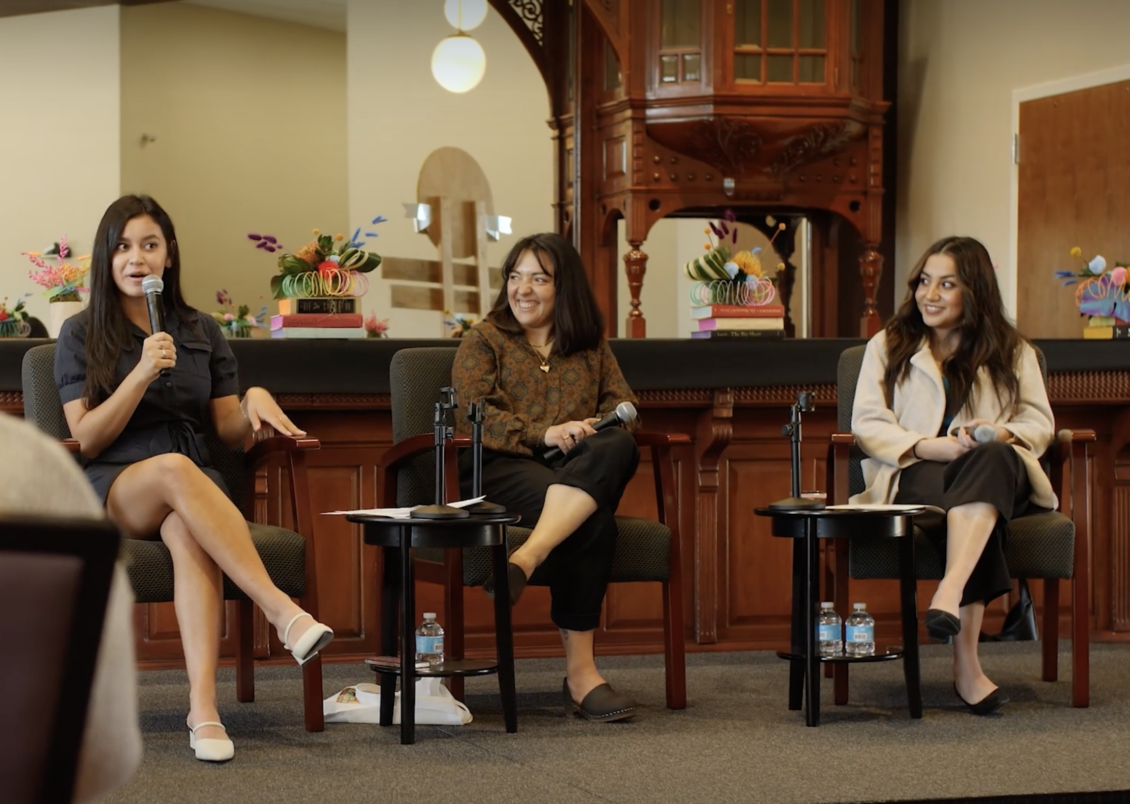Voces Internship of Idaho, an internship placement program, started out of frustration.
As co-founders of the program — Ximena, an Idahoan, and Nicole, one of the state’s first Hispanic Affairs reporters — we were tired of leaders saying they wanted to diversify their newsrooms. They claimed to want to hire more reporters who spoke Spanish or could relate to the 13% of Idahoans who identified as Latino, but argued there were too many obstacles.

Editors didn’t know where to find candidates. Latinos from out of state were wary of taking jobs in Idaho. Idaho candidates didn’t have enough experience for resource-strapped newsrooms.
At the same time, we watched young journalists forced to choose between their love of journalism and their love for their home state. These Latino journalists had to leave to get an internship or entry-level job to launch their careers.
Something had to change.

We recruited an all-Idaho group of journalists and passionate community members to create a paid internship placement program that would fill the gap between newsrooms and aspiring Latino journalists. We told Idaho’s newsrooms we’d find the interns, and they were willing to give us a shot — if we paid for it. We’d also provide outside mentors, additional training and career workshops.
Still, many were skeptical. One news executive asked: Could we really find one Latino intern, every year?
Three years and 22 Latino interns later, we’re confident in the untapped talent in Idaho’s Latino communities — and are sure there are other communities like ours around the country.
Why our model works – and more states should try it
Since that first year, Voces has helped double the number of Latinos in Idaho newsrooms. Our interns created or currently contribute to almost every bilingual news initiative in the state, producing Spanish TV newscasts and translating their own stories on local elections or Hispanic businesses. More than half of our interns were offered jobs in journalism after their internships.
There are a few reasons we’ve been successful.
First, we work with communities we know. This lets us focus on making sure more students can at least explore a journalism career. We don’t rely on J-Schools’ referrals (Idaho only has one), and we reject the idea that limited applicants means limited interest.
We speak to affinity groups, Latino sororities and fraternities, and every college class curious about journalism. We table at community events and join Spanish radio programs. We ask sociology or engineering students if they’ve considered an alternative way to use their degree and their love for their community.
Second, we view mentorship more as community building than career coaching. We’ve all been in the uncomfortable position of being the only one in the room — or the newbie with the “stupid” question. While our interns often find supportive supervisors and coworkers, we also assign mentors and connect them to hiring managers who might be their future bosses. Our support doesn’t end with the internship — our network is available to review a resume, read a cover letter or talk through a difficult reporting obstacle.
And third: We were, quite simply, right all along. There ARE talented young Idaho Latinos ready to take journalism by storm if only given the chance. We’re comfortable being the ones that take that first chance on them. Some come to Voces with prior internships, published work and stories they want to tackle. Others use this internship to explore a career path they never imagined was possible, using their unique perspectives to find stories that deserve to be told.

Building on Voces’ success
We did all this with a lot of help. The Scripps Howard Fund took a chance on us early on, promising to fund the first summer internship. Our volunteer team crowdfunded for more, tapping into a network of Idahoans and journalists who believed that newsroom diversity mattered even in a place often stereotyped as monolithic like Idaho.
“That first investment with Voces was a small one,” said Mike Canan, the Fund’s senior director of journalism strategies. “But it became just the first domino to fall. As a funder, when you see a program leverage your dollars, build community support, and have the kind of impact Voces has had for young people and the community — well, there’s not much more you can ask for.”
As our major funder, the Fund is underwriting six interns a year until 2026, and providing us with operational funds to grow into our own nonprofit. But they’re also using our model to recreate our success around the country.
We helped the Fund select two groups — one in Nevada and one in New York — from dozens of applicants who wanted more Latino representation in newsrooms in their area.
Our hope is Voces Internship creates a clear pathway model for people from every background to find a way into journalism, and build up the infrastructure to support their success once they make it through the door.



